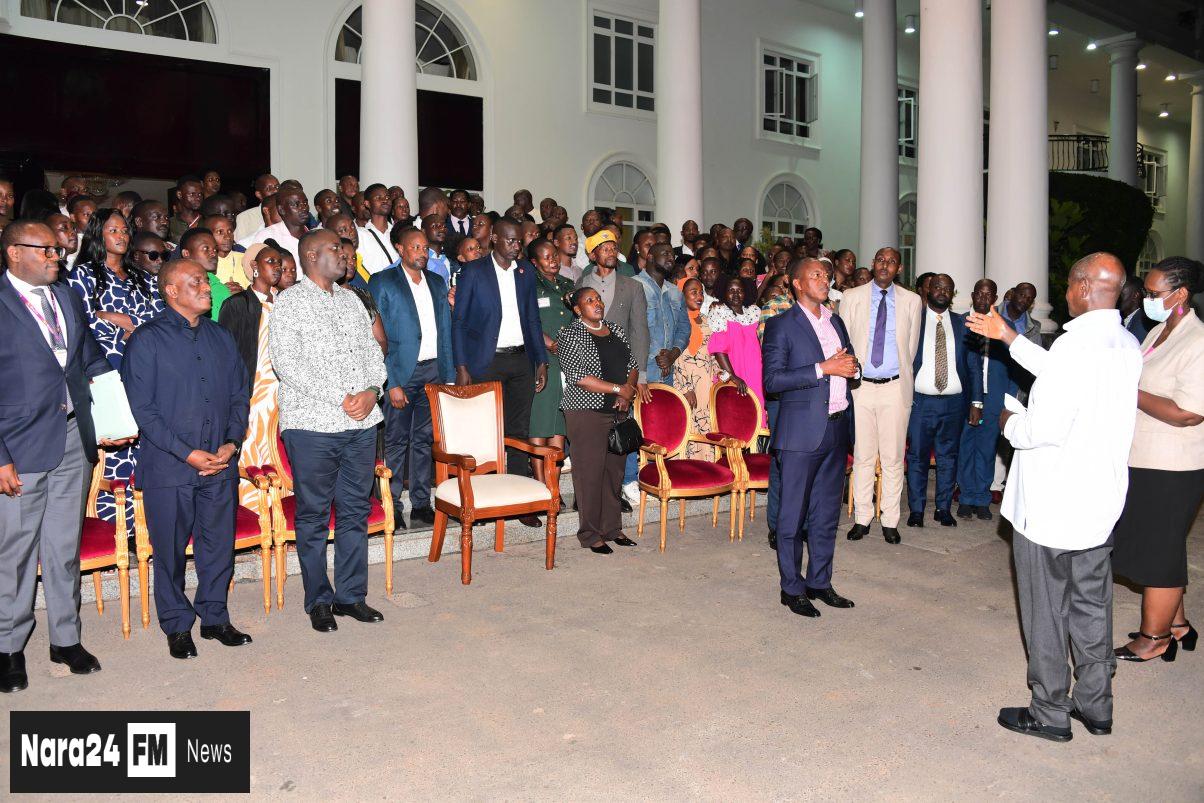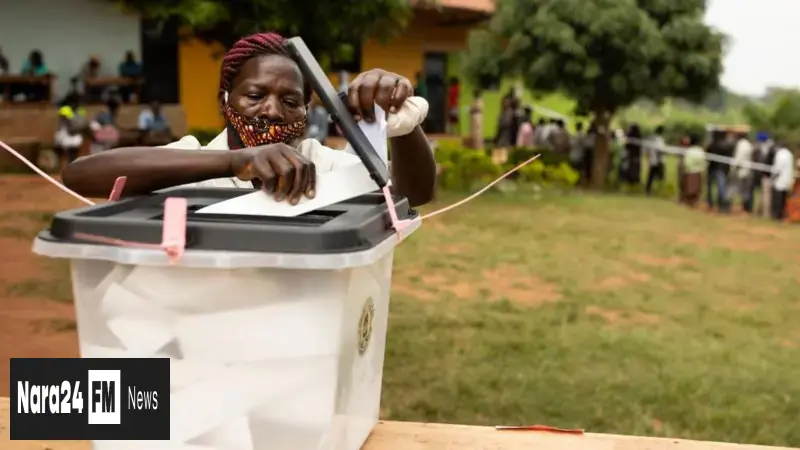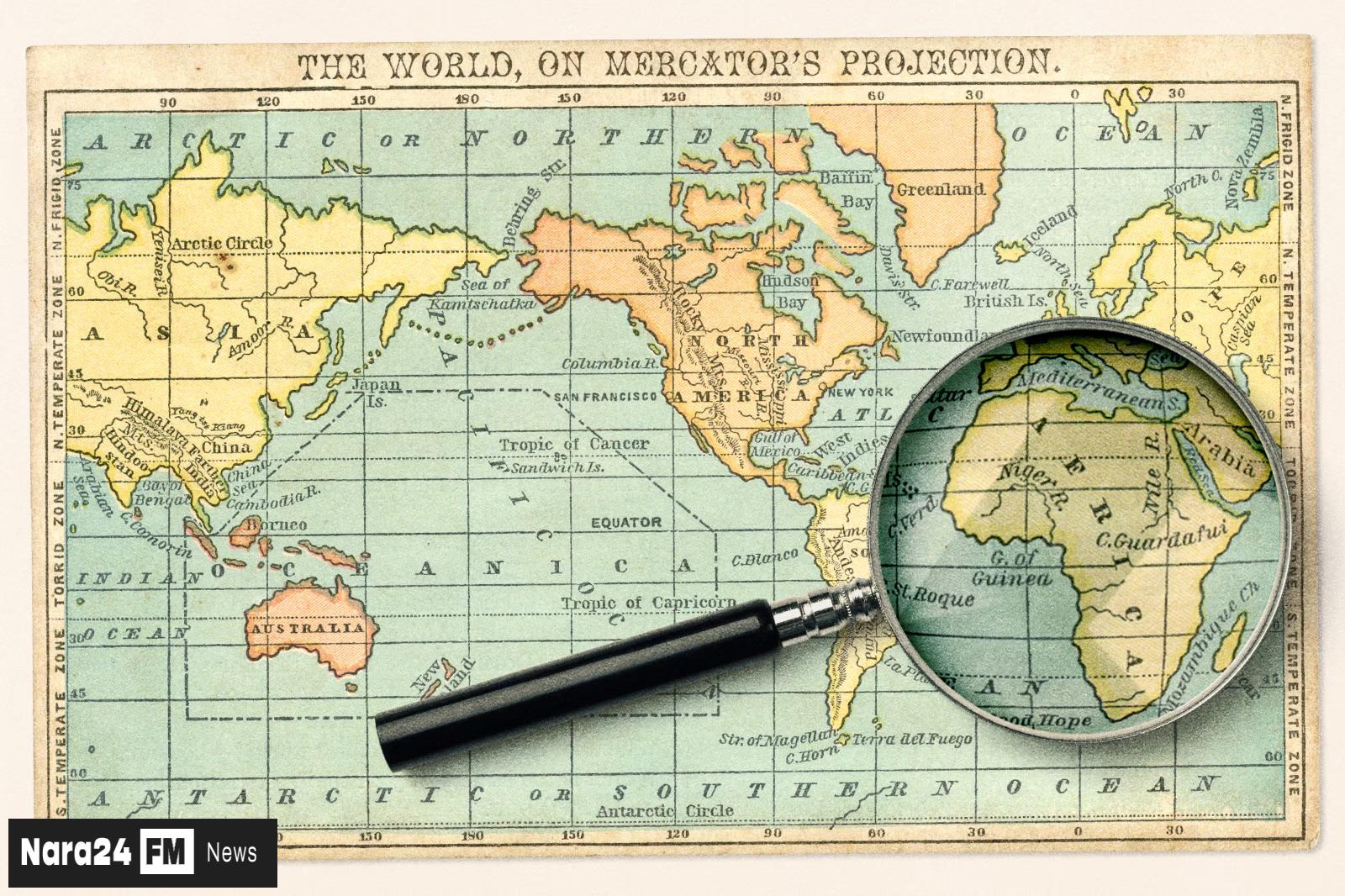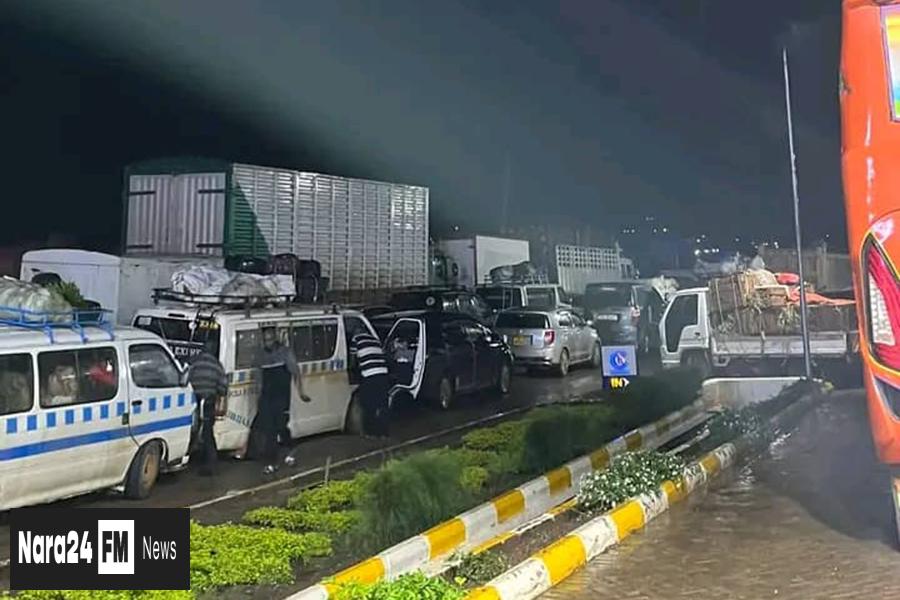In This Article
- President Museveni's Emphasis on Fair Treatment of Banyarwanda
- Key Directives for Citizenship Determination
- President Museveni's Stance on Dual Citizenship
- Concerns Raised by Abavandimwe Council
- Attendees of the Meeting
Key Takeaways
- President Museveni emphasized the importance of treating long-time residents of Rwandan descent in Uganda with fairness and dignity.
- Ugandan citizenship is a constitutional right and should not be denied through bureaucratic delays or unlawful scrutiny.
- President Museveni reaffirmed an executive directive on lawful determination of citizenship, including verification through local leadership, birthright citizenship, community-based identification, administrative clarity, and referring citizenship disputes to the National Identification and Registration Authority (NIRA).
- Dual citizenship between Rwanda and Uganda cannot be accepted according to President Museveni.
- Mr. Frank Gashumba, the co-founder and chairman of the Abavandimwe Council, expressed concern over reports of discrimination in the issuance of national documents for the Banyarwanda community in Uganda.
Ugandan President Yoweri Kaguta Museveni recently met with the Banyarwanda (Abavandimwe) community at State House, Entebbe, where he emphasized the importance of treating long-time residents of Rwandan descent with fairness and dignity. These individuals, who have lived in Uganda for decades and are verified by local authorities, should be fully recognized as Ugandans, President Museveni said.
He reiterated that Ugandan citizenship, whether by birth, registration, or naturalization, is a constitutional right and should not be denied through bureaucratic delays or unlawful scrutiny. The President, who grew up in Ntungamo, noted that by the 1950s, the Bahooro were already part of Uganda, and the 1995 Constitution clearly states that those who were in Uganda by 1926 are citizens.
In order to guide the lawful determination of citizenship, President Museveni reaffirmed an executive directive. Key directives include verification through local leadership, birthright citizenship, community-based identification, administrative clarity, and referring citizenship disputes to the National Identification and Registration Authority (NIRA), not to make arbitrary decisions.
President Museveni also emphasized the importance of clear national allegiance, especially among those with roots in multiple countries. He stated that dual citizenship between Rwanda and Uganda cannot be accepted. "Even I, as a Muhooro, was born here. If I want to be Rwandan, I go to Rwanda. But I can't say I'm both Munyankole and Munyarwanda," he said.
Mr. Frank Gashumba, the co-founder and chairman of the Abavandimwe Council, welcomed the President's remarks and appealed for equal treatment of the Banyarwanda community in Uganda. He expressed concern over reports of discrimination in the issuance of national documents, which he described as a denial of both identity and opportunity. "Our children are being unfairly denied passports. This is more than a document, it's access to opportunity," Mr. Gashumba said.
The meeting was attended by Gen. David Muhoozi (Minister of State for Internal Affairs), Ms. Rosemary Kisembo (Executive Director, NIRA), and Brig. Johnson Namanya (Commissioner, Citizenship and Passport Control-Directorate of Citizenship and Immigration Control-DCIC).








Comments (0)
Leave a Comment
Be the first to comment on this article!